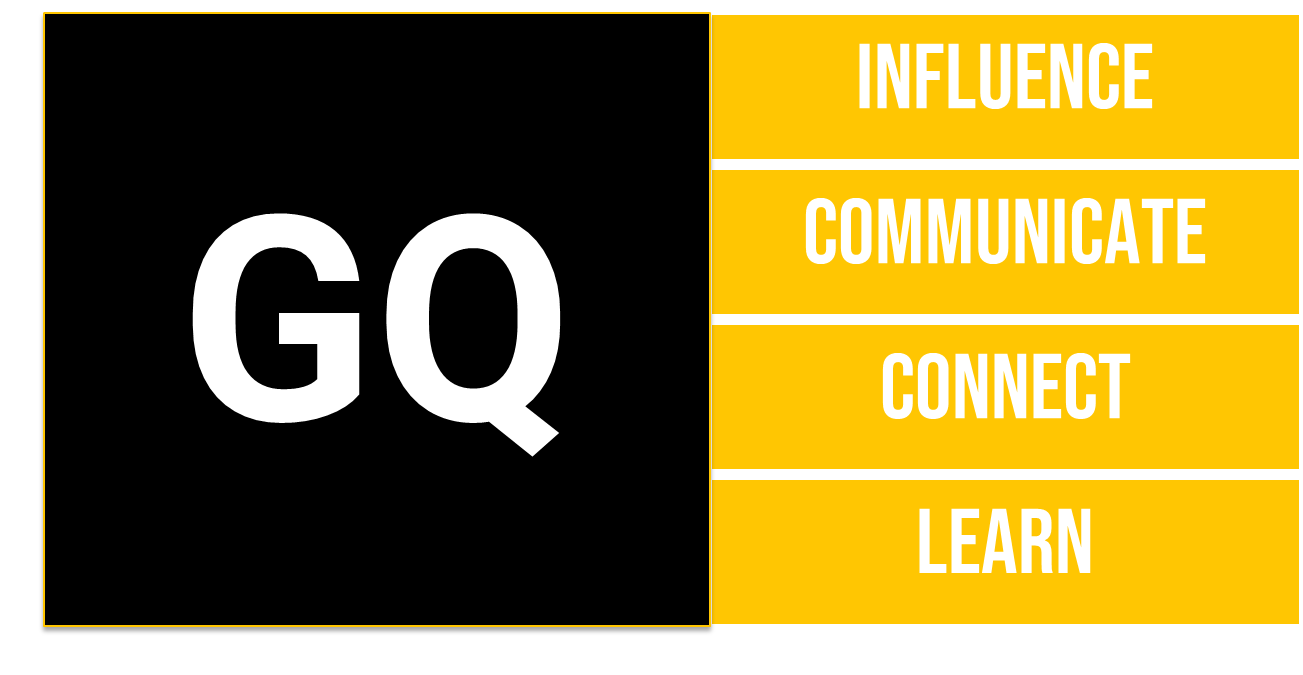You may learn to manage efficient workflow, processes, and outcomes if you are the one who is held most accountable. People are not driven; they are led, either effectively or ineffectively.
How will your leadership abilities help you in today's competitive marketplace? How will you be judged and evaluated?
If you want to move up the corporate ladder to a leadership position (or if you've already gotten there), you'll need to know how to manage processes and lead people. Furthermore, you will also need to have the discipline to manage people effectively. Long-term results and the ability to adapt to a changing market are achieved through a combination of managing and leading.
"Managers manage things. Leaders lead people."
Catherine Mattiske
It's important to reflect on how you've been managed as you continue to learn new leadership skills. What behaviors did your bosses instill in you? There's a good chance you learned an outdated business model.
This is critical to understand. What is required of you today may not be needed in the past by someone else. The old business model, known as "command and control," was in place long before OSHA (occupational safety and health administration) was established. Two simple principles guided the development of this business model. It's time to unlearn these principles if they sound familiar or make sense to you:
1. Only a few people at the top are aware of the situation
2. Everyone else at all levels of the organization should not think but rather do as they are told
3. No one is allowed to raise a voice or ask questions about the organization
Following are the things that to learn for effective leadership in 2022. Consider the ones we have given below:
You may have encountered specific behaviors and situations while working with your former leaders in broad terms. To be successful in your leadership career, you may recognize that you may do better and learn to do more because you are the one who is held accountable, and therefore more is expected of you.
Unfortunately, many organizations still have a command and control system in place. In today's competitive marketplace, however, this old business paradigm has a meager survival rate. Human capital, that is, people are the focus, is a newer business model with demonstrated success and longevity.
This sobering past lesson exemplifies a behavior that is no longer acceptable. Use this example to reflect on specific details from your life. Perhaps take a moment to think and reflect on these questions and how they fit into your leadership style:
1. What have you learned about yourself from being managed and led by others?
2. What image do you have of yourself as a leader?
3. How will you go about looking for opportunities to lead others?
When you reflect on your life, you might learn to recognize and accept that you are now being called to a new level of responsibility due to the paradigm shift. You are currently in charge of comprehending a successful human capital-based business model.
To be a successful leader today, you may learn and adapt faster than the pace of business. Regarding human capital and those in management and leadership positions, personal value – your skills and abilities – has now become the focal point.
In the marketplace, increasing your value increases your market value. Therefore, you will be more valuable throughout your career if you effectively improve your ability to deal with people personally and professionally.
A process is at the heart of almost everything in business. For nearly every task performed from start to finish, there are employer processes and procedures, government processes and practices, and step-by-step processes and procedures.
Over the history of business, we've been socialized to follow the rules. As a result, the processes have been defined and refined over time to achieve efficiency. You're probably a subject matter expert regarding your knowledge and understanding of these processes, and you can handle most of them successfully. Leading people, on the other hand, does not have a step-by-step best practice approach. Effective leadership can be taught and studied, but you may need to proactively seek opportunities and learn new skills to understand people.
Numerous leadership studies, books, classes, and theories can help you better understand leadership and influence others' behavior. In addition, we now have an industry – neuroscience – that supports the teaching of classical intelligence (IQ), emotional intelligence (EQ), and now the genius quotient (GQ), thanks to recent scientific advances.

Genius Quotient principles will help your professional and personal relationships if you learn and understand them and then apply them to your leadership role. Genius Quotient abilities and skills can be applied in a variety of situations. In the GQ Model, the four levels are listed below:
1. LEARN - Personal competencies include a 'growth mindset,' an understanding of how you prefer to learn (learning preference), and how to get into your personal 'genius zone' for more tremendous success.
2. CONNECT - Ability to connect with others, be emotionally aware, and assess yourself. Also, a leadership advantage is having a high degree of trustworthiness, conscientiousness, and commitment to others. In addition to being self-aware, those with a 'connect mindset' are socially aware, i.e., you may be able to empathize, develop, and leverage others.
3. COMMUNICATE - Know how to communicate in daily emails, presentations, spoken, and other written communication. With a strong 'communication mindset,' influential leaders build translation bridges to people who learn differently and, as a result, have people taking action more frequently.
4. INFLUENCE – The ultimate goal of executing one's Genius Quotient is influence. It is having the confidence and ability to collaborate, build bonds, be a change catalyst, and influence others with an 'influence mindset' that aims to win for everyone involved.

Learning to lead is a one-of-a-kind experience that combines your unique abilities with the numerous one-of-a-kind situations you encounter. It's also science for determining abilities and skills. Lastly, developing leadership skills necessitates the courage to change and learn for yourself and your team. To be effective, you may trust your instincts, step outside your comfort zone, and courageously and constantly seek new and innovative ways.





